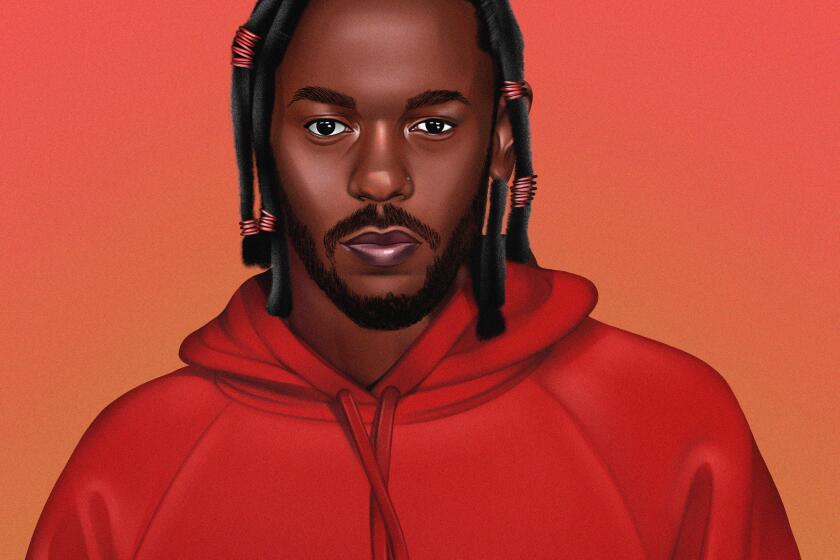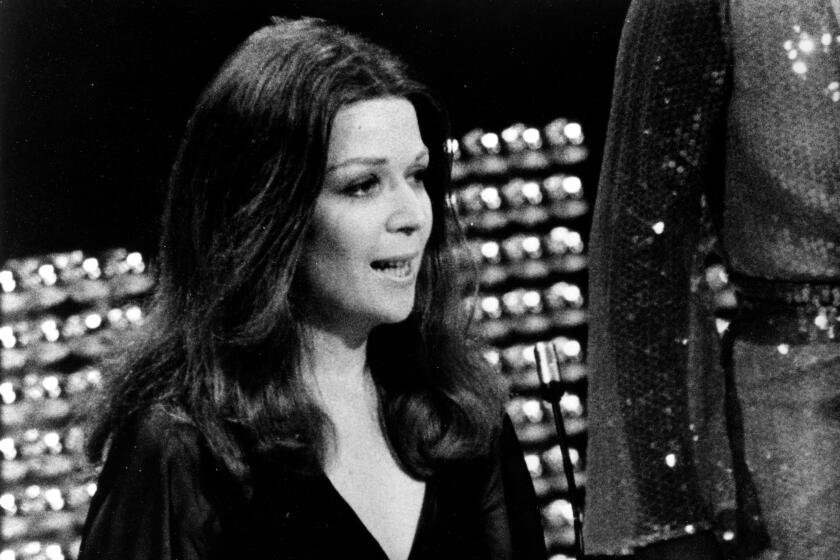With politics, gender and race at its core, ‘Widows’ packs in much more than a heist
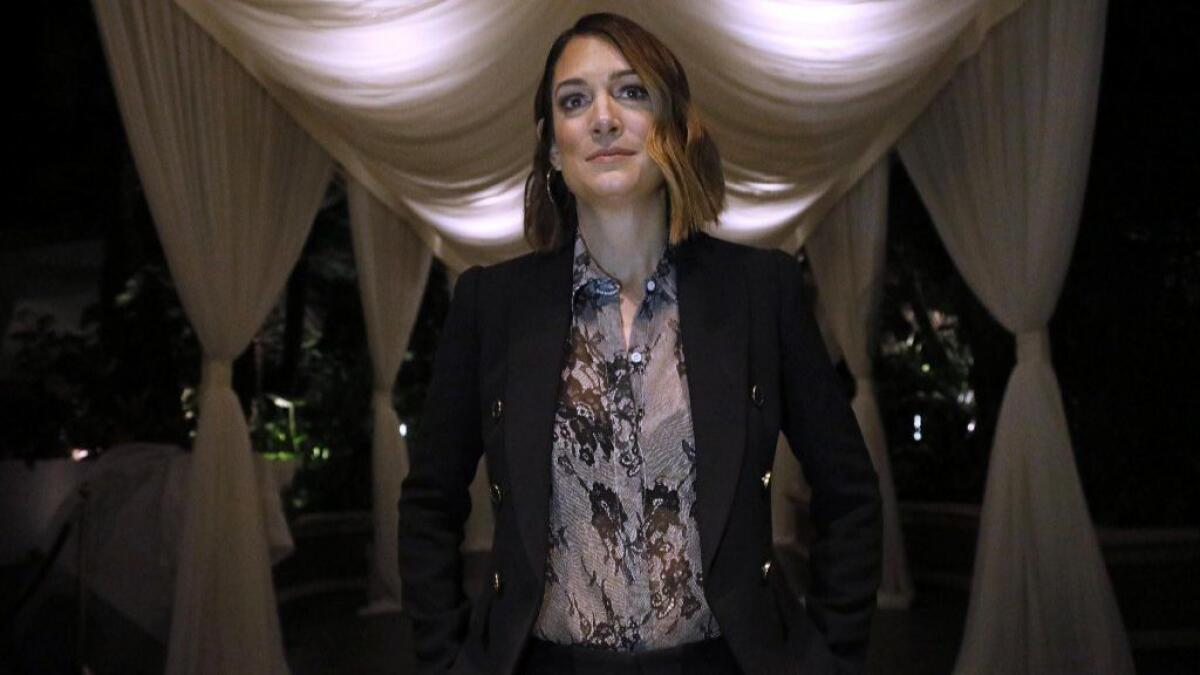
When I first met Steve McQueen to discuss co-writing “Widows” with him, I had a possible deal-breaking confession to make: I don’t particularly love heist films. They’ve always felt aggressively boys-only to me, like all the men on screen might turn in unison, spy me huddled behind my popcorn, and say, “Hey, lady, don’t you have some vacuuming to do or somethin’?”
Steve didn’t blink at my confession. We weren’t setting out to make an ordinary heist film, and certainly “Widows” — based on Lynda La Plante’s edgy 1983 BBC miniseries — couldn’t be boys-only if it tried. It’s about four women who team up to pull off a heist after their husbands die in the middle of a job. It quickly became clear Steve and I had similar points of interest in the project. He’d loved “Widows” since he’d seen it as a kid in England; a young black teen who’d often felt overlooked and underestimated, he easily identified with the female protagonists. I’m a woman; I have plenty of experience with “overlooked” and “underestimated.”
Steve and I both firmly believed our heist film shouldn’t just be about a heist; it was an opportunity to use the engine of a thriller to rev us along while tackling deeper subjects like gender, race and all the troubles of today’s cities. Steve knew from the beginning he wanted to film in Chicago, my adopted hometown. In came the politicians (father and son aldermen, both venal) and the criminals (two sibling drug dealers, one of whom is running against the younger alderman for his seat). As for the widows, we knew we wanted them to be of different races and economic backgrounds. How often do you get to see a film with not just four interesting, complicated women talking to each other, but four women who are all so wonderfully different?
We got to know the city, got to know our story, got to know each other (we constantly talked movies, from Kubrick’s “The Killing” to “The Last American Virgin”) by driving around town, seeing the neighborhoods, talking to as many people as would talk to us — cops, ex-cons, community activists, politicians. Everyone knew someone else we should talk to. Everyone knew someone else, period. I wanted that in the script too: “I gotta guy.” (This became Steve’s favorite Chicago motto; I need to get a T-shirt made for him with the slogan.) It’s a Chicago truism: It means not only do you know someone, but that person owes you a favor. We wanted that feeling in the script, that there are no real good guys and bad guys. Everyone’s connected: The drug dealers know the politicians; the politicians know the crooks; the crooks know the housewives. And so on.
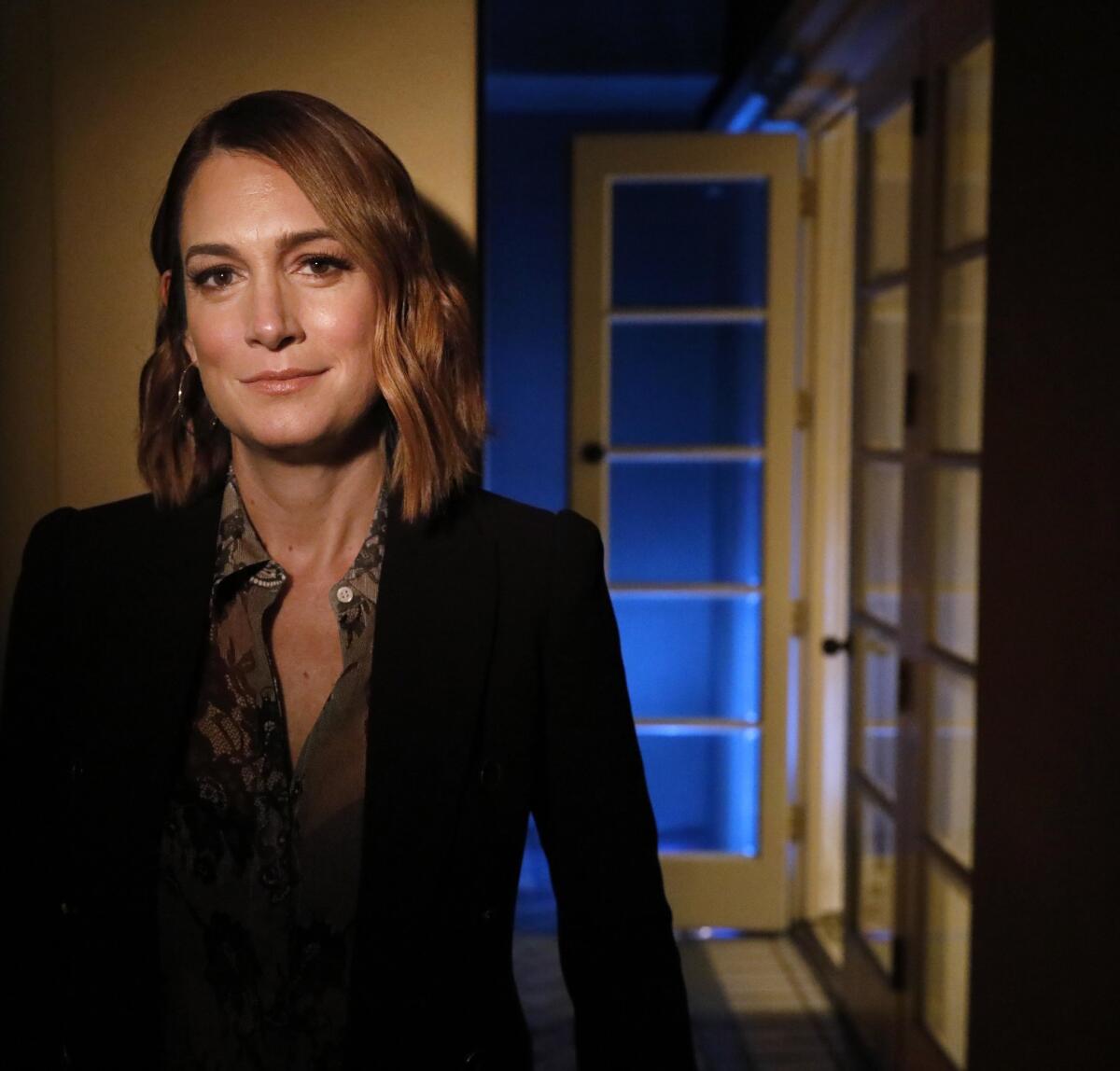
Neither Steve nor I are professionally trained screenwriters; we don’t write by formula; we don’t break into acts; no cats are saved. He comes from the art world; he knows the power of image and trusts silence more than I do. I’m a novelist; I write three pages to figure out what I’m trying to say, then I winnow it back down to what it actually should be.
We live in different countries; Steve’s based in Amsterdam, so we often swapped scripts or scenes as the other slept. Always at issue was the balance: the characters, the themes, the heist. One entire wall of my basement office is covered in whiteboard. I devoted half to the widows — to make sure we were giving them space to be true, breathing people. Because this was a heist film starring women, we wanted some of them to be moms and to see what child care in the middle of an incredibly dangerous crime looked like (uh, hard).
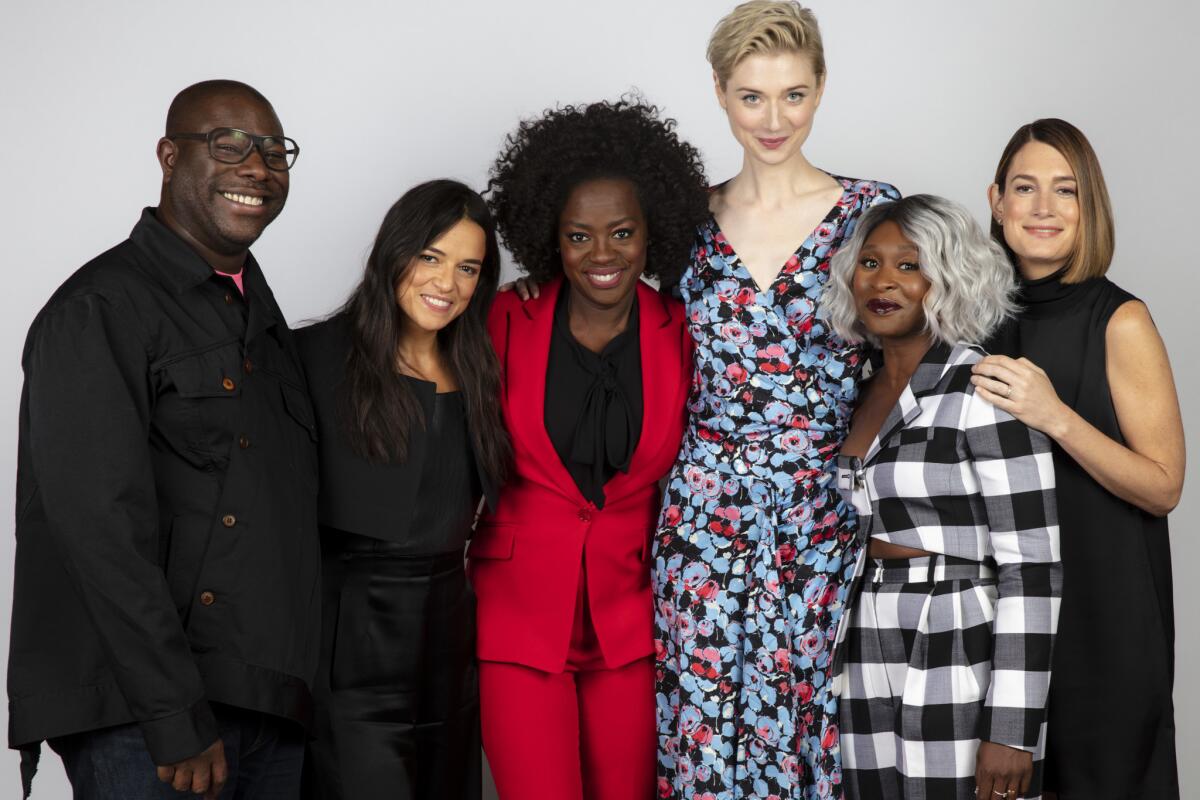
And I had lines scrawled everywhere that felt right for the mournful, spiky, fearsome leader Veronica — played by Viola Davis. The other half of my whitewall was dedicated to the heist: The outside dangers pressing in; the logistics; who knows what, when. We wanted to fit as much as we could without the script getting overstuffed. We had to make choices about characters we had to have and ones we could live without: a black preacher arrived toward our final draft; a white cop who had an elaborate story arc vanished but for a single line.
In the end, the writing was a twisty, incredibly fun bit of clockwork. Dozens of moving parts, a crew of conflicted characters, a big, ragged city. Felt like we’d just pulled off a heist.

Director Steve McQueen (“Shame,” “12 Years a Slave”) and co-writer Gillian Flynn (“Gone Girl”) on why they transplanted the setting of “Widows” to modern-day Chicago, and how they bonded over a shared love of movies.
More to Read
From the Oscars to the Emmys.
Get the Envelope newsletter for exclusive awards season coverage, behind-the-scenes stories from the Envelope podcast and columnist Glenn Whipp’s must-read analysis.
You may occasionally receive promotional content from the Los Angeles Times.







